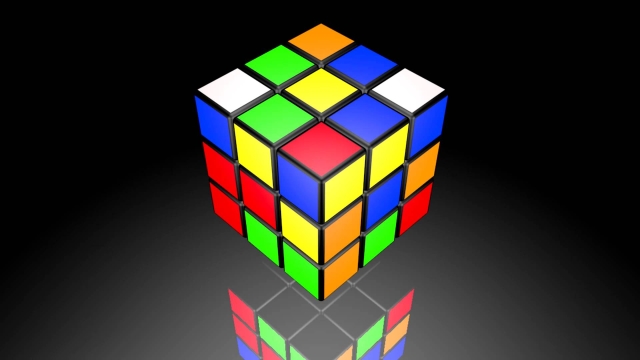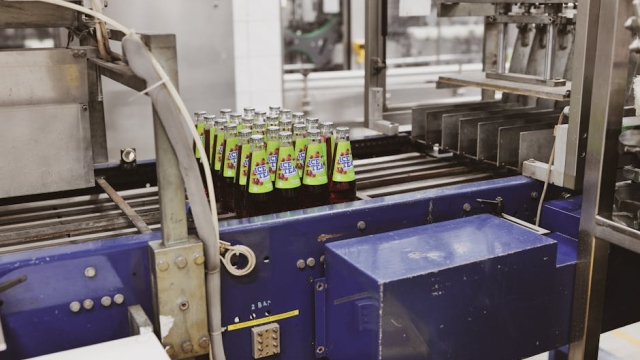
Mastering the Rubik’s Cube: Unleashing the Speed Cubing Phenomenon
Are you ready to witness a mind-boggling phenomenon that will leave you in awe? Prepare to delve into the world of speed cubing, a captivating realm where the Rubik’s Cube becomes an instrument of skill, agility, and sheer determination. Forget the countless hours spent fruitlessly rotating colored squares, for speed cubing is an entirely different kettle of fish. In this fast-paced sport, competitors shatter records, their fingers dancing across the iconic 3×3 cube with unparalleled precision and lightning speed. This article will take you on a journey to unravel the secrets behind the mastery of speed cubing, explore the intricacies of speed cubes, and unravel the fascinating history of this captivating pastime. So, brace yourself for the marvelous whirlwind that lies ahead as we embark on this Rubik’s Cube phenomenon!
The Origins of Speed Cubing
The 1980s marked the inception of a fascinating phenomenon known as speed cubing. It all started with the invention of the Rubik’s Cube by Hungarian architect and professor Ernő Rubik. This colorful and perplexing puzzle quickly gained popularity worldwide, captivating the minds of millions.
As the Rubik’s Cube gained recognition as a mental challenge, enthusiasts began exploring ways to solve it more efficiently. Soon, speed cubing emerged as a competitive sport, pushing participants to solve the cube in the shortest time possible. With the advent of the internet and online communities, speed cubers from different corners of the globe connected and shared their strategies, techniques, and innovations.
To cater to the demands of this rapidly growing community, manufacturers started designing specialized speed cubes. These cubes, also known as speed cubes, feature enhanced mechanisms that allow for faster and smoother turns. Speed cubers eagerly embraced these advances, and the pursuit of breaking records became a thrilling quest.
Today, speed cubing has evolved into a global phenomenon, captivating the imagination of people of all ages. It intertwines elements of logic, strategy, and reflexes, pushing participants to train their minds and hands to achieve unparalleled speed and accuracy. With numerous competitions held worldwide, speed cubing continues to attract a new generation of cubers, fueling the ever-growing passion for this puzzling art form.
Choosing the Perfect Speed Cube
When it comes to speed cubing, selecting the right speed cube is crucial. With numerous options available, finding the perfect one can be overwhelming. However, by considering a few key factors, you can make an informed choice.
Firstly, it’s essential to consider the cube’s design and mechanism. Speed cubes are known for their smooth and fast rotations, allowing for quick solving. Look for cubes that have a sturdy construction and utilize advanced mechanisms such as the GAN, Moyu, or QiYi. These brands are renowned for their high-quality engineering, providing excellent performance.
1×1 rubik cube
Next, take into account the cube’s size. Speed cubes come in various dimensions, and the size preference may vary from cuber to cuber. Some cubers prefer smaller cubes, such as 2×2 or 3×3, as they provide better maneuverability and agility. On the other hand, larger cubes like 4×4 or 5×5 may be favored by those who enjoy a more challenging solving experience.
Lastly, the cube’s customization options should not be overlooked. Many speed cubes allow for tension adjustments, magnet placements, and lubrication. These customization features enable cubers to fine-tune their cube to suit their personal preferences and optimize its speed and smoothness.

With these considerations in mind, you’ll be well-equipped to choose the perfect speed cube for your speed cubing journey. Remember, finding the right cube may take some trial and error, but the rewards of improved performance and faster solves will undoubtedly be worth it.
Techniques and Strategies for Quick Solving
In order to master the art of speed cubing, it is crucial to employ effective techniques and strategies. By utilizing these methods, you can enhance your solving speed and increase your chances of achieving record-breaking times.
Cross Solving: One of the fundamental techniques in speed cubing is solving the cross first. Start by choosing a color and solving the cross on one face of the cube. This initial step sets the foundation for the rest of the solve and helps you plan your moves more efficiently.
F2L Method: After solving the cross, it’s time to move on to solving the first two layers (F2L). This method involves solving the corner and edge pieces of each layer simultaneously. The key is to identify patterns and algorithms that can be applied to manipulate the pieces into their correct positions.
Advanced Algorithms: As you progress in your speed cubing journey, it becomes essential to memorize and master advanced algorithms. Algorithms are predetermined sequences of moves that allow you to solve specific combinations of pieces in the most efficient manner. Learning and perfecting these algorithms will greatly improve your solving speed.
By combining these techniques and strategies, you can unlock the true potential of speed cubing. Remember to practice regularly and strive for efficient and fluid movements to achieve optimal solving times. With dedication and perseverance, you can join the ranks of speed cubing masters and embrace the thrilling phenomenon of solving the Rubik’s Cube with lightning speed using speed cubes.



